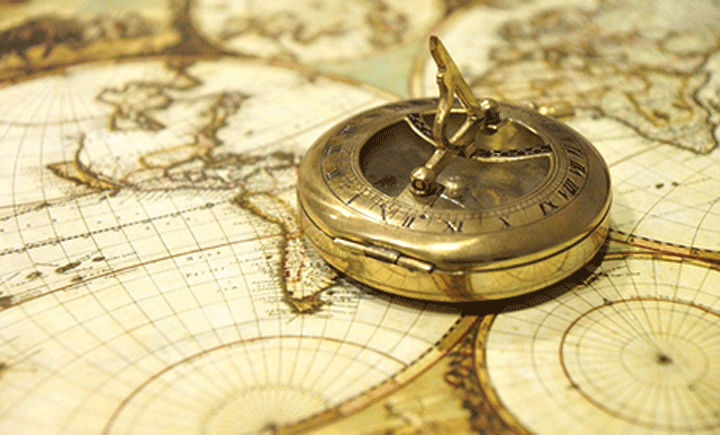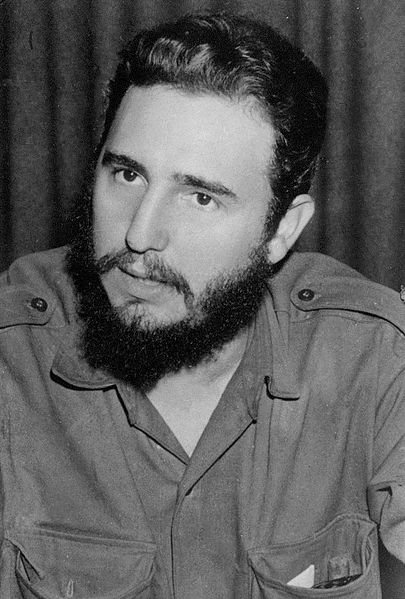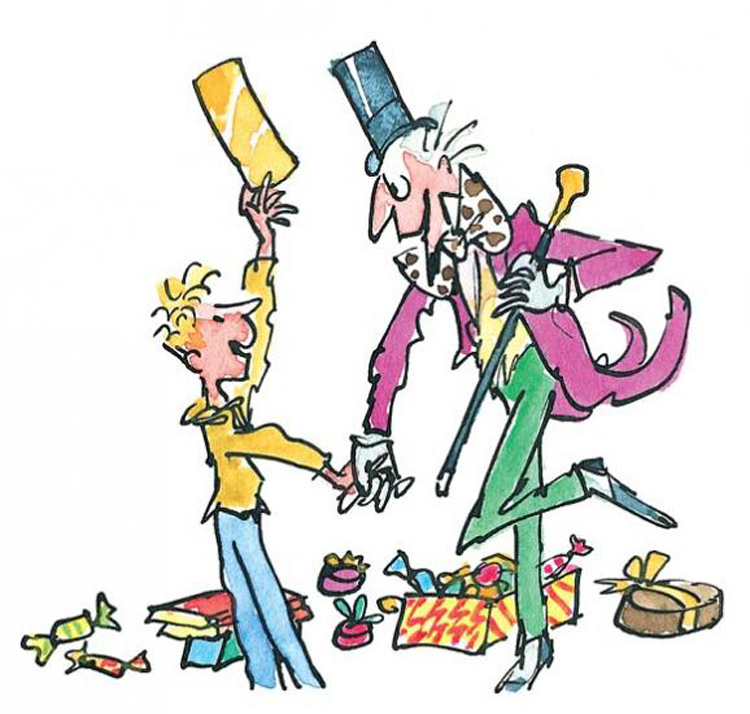There is very little information in the public domain about the origins or the significance of Marooned Without a Compass Day — observed every year on November 6 — but it is certainly a good occasion to thank one’s lucky stars that one isn’t likely to meet the same fate as that of many pirates or sailors. Being stuck for years on end on an island somewhere cannot be pleasant, although readers of English literature have, for centuries, been fascinated by such stories. Daniel Defoe’s Robinson Crusoe and William Golding’s Lord of the Flies come to mind immediately. Could the events of either story have been different if there had been a compass in the hands of Crusoe, Ralph or Piggy?
And what of the presence, or absence, of a moral compass — both our own, as readers of literature, and that of literary characters? Martha Nussbaum has argued that reading novels has a significant role to play in shaping our moral imaginations and ability to be empathetic. Indeed, motivating readers to use their own moral compass was the aim of many authors. One of them was George Eliot; in her, Virginia Woolf saw a rare writer for ‘grown-ups’, perhaps because she had the ability to make readers empathise with layered characters who were not always in agreement with one another. As they, along with us, go through their own narrative arcs, their flawed, inner worlds are unmasked, bringing us face to face with our own imperfections, convictions and humanity.
After living the lives of other people, seeing things through their lens, however briefly, it is often harder to find them un-relatable or abhorrent. Does it follow, then, that literature is, or should be, ‘moral’? After all, the word, ‘moral’, is slippery terrain. Even the mere reading of a literary work would lead to profound differences of opinion among any reasonably diverse group of people on what could be regarded as ‘moral.’
But what they could, perhaps, agree on is that literature is rather well-suited to the exploration of what it means to be an empathetic and ethical person. In an interview in the 1980s, Toni Morrison had articulated the questions on which her 1973 novel, Sula, is based: “If you say you are somebody’s friend as in Sula... what does that mean? What are the lines that you do not step across?” She also explained how she saw writing as a chance to put the moral fibre of her characters to the test: “[M]y goal is to see... of what these people are made, and I put them in situations of great duress and pain... And, then when I see them in life threatening circumstances or see their hands called, then I know who they are.”
Storytelling is, thus, an integral part of what it means to be human, and, crucially, is not limited to any single body of literature. As Chimamanda Ngozi Adichie said, it is the multiplicity of our stories that can articulate our humanity as a whole. And in our continued engagement with this sea of stories, perhaps, lies the secret to keeping our imaginations alive, and the delicate magnetic balance of our moral compasses intact.













